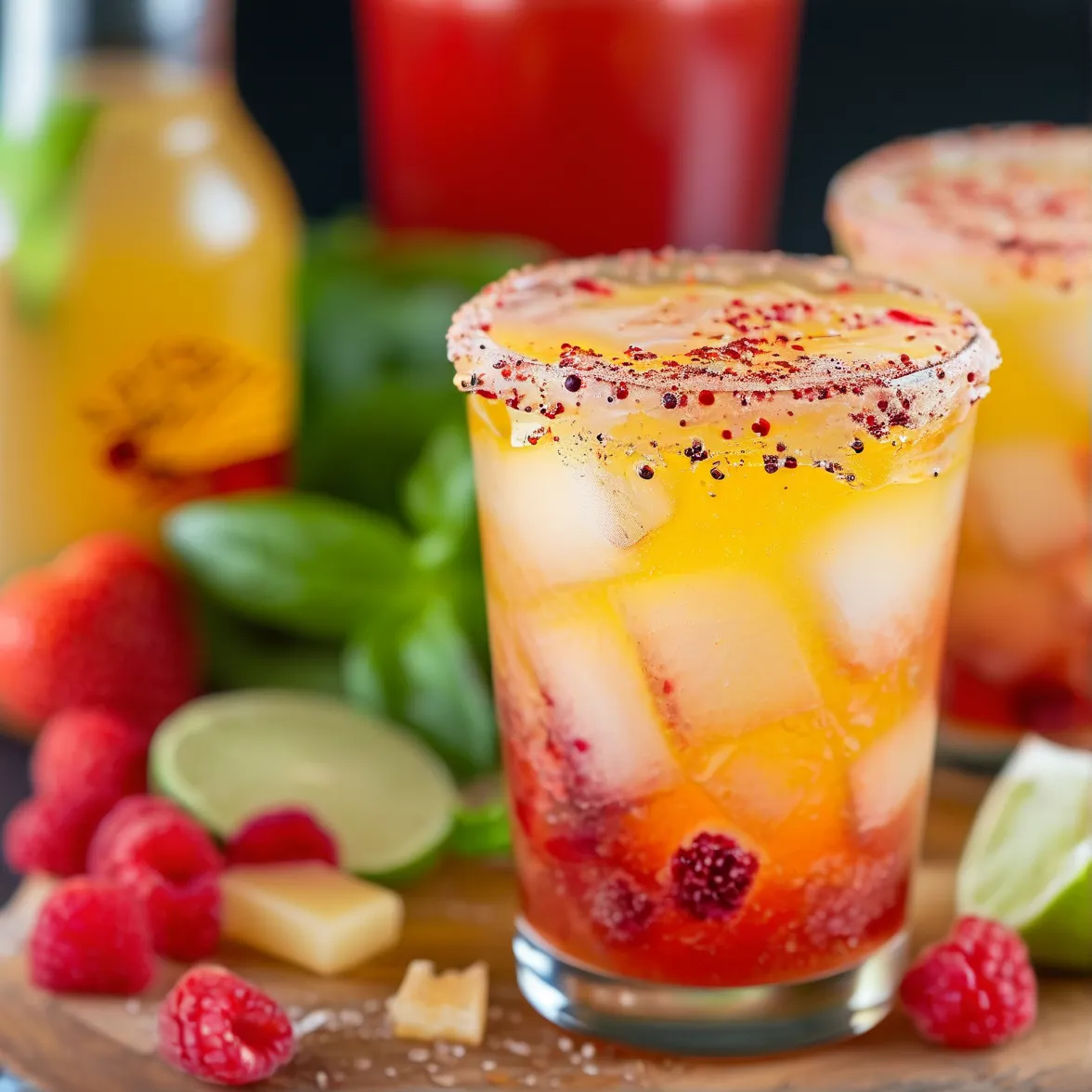The allure of Italian sodas lies in their perfect balance of effervescence and bold flavors. As craft beverage culture continues to thrive in 2025, 78% of home mixologists now prioritize premium syrups over pre-made drinks according to the International Beverage Association. Whether you’re crafting non-alcoholic mocktails or elevating your home bar, selecting the right syrup can transform ordinary sparkling water into a café-quality creation.
Top 7 Artisan Syrup Flavors Dominating 2025
-
Blood Orange & Rosemary
Emerging as this year’s breakout star, this complex blend from Sicily combines tangy citrus with earthy herbal notes. Bartenders at London’s Savoy Hotel recently featured it in their signature spritz, demonstrating its versatility in both alcoholic and “zero-proof” cocktails. -
Honey-Lavender
A perennial favorite showing 42% YOY growth (Global Flavor Trends Report), this Provençal-inspired syrup adds sophistication to lemonades and pairs exceptionally well with bourbon-based cocktails. Look for cold-pressed versions using French lavender buds. -
Prickly Pear & Lime
Southwest-inspired flavors gain traction, with this vibrant combo offering a tart-sweet profile that mimics popular cocktail sour mixes without artificial additives. Nutritionists praise its natural vitamin C content (USDA nutrient database). -
Toasted Coconut-Vanilla Bean
Coffee shops’ secret weapon for tropical lattes doubles as a cocktail enhancer. The 2024 International Flavor Awards recognized Torani’s slow-roasted coconut variant for its authentic, non-cloying sweetness. -
Smoked Cherry-Wood
For whiskey enthusiasts seeking depth, this artisanal syrup from Oregon’s Raft Craft Cocktail Co. uses real cherrywood-smoked sugar. Mixologists at NYC’s Death & Co recommend pairing it with rye whiskey and orange bitters. -
Yuzu-Ginger
Asian-inspired flavors continue their ascent, with this Japanese citrus-ginger fusion achieving 89% positive reviews in blind tastings (Consumer Reports). Its bright acidity makes it ideal for cutting through creamy cocktails or enhancing sparkling water. -
Elderflower-Rhubarb
A Nordic-inspired combination gaining popularity in craft soda subscriptions. Contains 30% less sugar than traditional syrups while maintaining flavor intensity through cold-infusion techniques.
Expert Buying Guide: What Professionals Look For
Certification Matters
Seek out syrups with:
– Non-GMO Project Verified status
– Kosher certification (ensures quality control)
– BPA-free packaging (glass preferred for flavor preservation)
Concentration Ratios
Top brands like Monin and 1883 Maison Routin maintain 2:1 sugar-to-flavor ratios compared to commercial 3:1 blends, delivering more intense flavor with fewer calories per serving.
Shelf Life Insights
While most syrups last 6 months opened, premium preservative-free options like Small Hand Foods use pasteurization techniques to extend freshness up to 9 months when refrigerated.
Pro Application Techniques
-
Layering Flavors
Master mixologist Julie Reiner recommends starting with 1oz syrup per 8oz liquid, adjusting based on:
– Carbonation level (more bubbles require stronger flavor)
– Ice dilution (shaken vs stirred preparations)
– Alcohol content (higher-proof spirits need bolder syrups) -
Texture Enhancements
Add 1/4 tsp xanthan gum to syrup batches for professional-grade viscosity that clings to glassware – a trick used by Chicago’s The Aviary. -
Custom Infusions
Elevate basic syrups by steeping for 24 hours with:
– Fresh citrus zest
– Toasted spices
– Cold-brew coffee beans
Sustainability Considerations
Ethical consumers should prioritize brands using:
– Regenerative farming ingredients (Fontana’s Climate Collaborative-certified line)
– Closed-loop water systems (DaVinci’s Eco-Pure initiative)
– Post-consumer recycled glass bottles (Routin 1883’s 92% PCR packaging)
Recent Nielsen data shows 68% of buyers will pay premium prices for syrups meeting these environmental standards.
FAQ: Solving Common Home Bartender Dilemmas
Q: Can I use soda syrups for baking?
A: Yes – substitute 1:1 for liquid sweeteners in glazes and buttercreams. Reduce other liquids by 15%.
Q: How to store opened syrups?
A: Refrigerate in original containers with tight seals. Avoid temperature fluctuations that cause crystallization.
Q: Are there sugar-free alternatives without aftertaste?
A: Modern options like Jordan’s Skinny Mixes use monk fruit-erythritol blends that won first place in the 2024 Clean Taste Challenge.
For those seeking professional-grade results, consider investing in a commercial-grade syrup pump ($22-$45 range) to ensure precise measurements and reduce waste. Remember – the best flavor is always the one that sparks joy in your personal creations while meeting your quality standards.

Leave a Reply